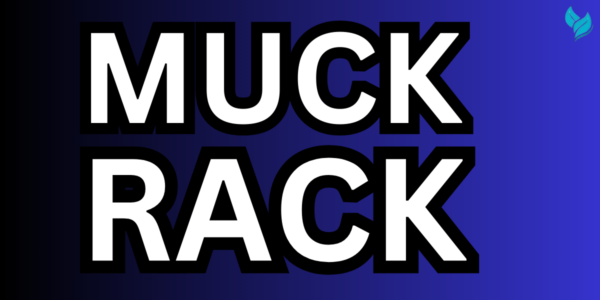In recent months, the 72 Sold lawsuit has gained significant attention in the real estate sector, raising concerns among buyers, sellers, and industry professionals. This legal battle involves serious allegations that could impact the reputation of the popular home-selling service known for its rapid sales promise. This article will delve into the details surrounding the lawsuit, the implications for the real estate market, and frequently asked questions regarding the situation.

What is 72 Sold?
Overview of the Service
72 Sold is a real estate platform that markets itself on the premise of selling homes within a mere 72 hours. By employing a unique model that connects sellers with a network of real estate agents, 72 Sold aims to expedite the home-selling process, making it more efficient and less stressful for homeowners. This innovative approach has attracted many sellers looking to bypass the traditional, often prolonged home-selling process.
How It Works
Sellers enlist their properties through 72 Sold, receiving offers within a short time frame. The platform promises a streamlined experience that allows homeowners to sell their properties quickly and without hassle. However, the rapid nature of the transactions has led to questions about the practices and methods used by the service.
Overview of the 72 Sold Lawsuit
Background of the Lawsuit
The 72 Sold lawsuit emerged when several customers filed complaints against the company, alleging that their experiences did not align with the promises made. These customers contend that the rapid sale process was not only misleading but also fraught with issues that ultimately resulted in financial losses.
72 Sold Lawsuit: Key Details and Allegations
| Category | Details |
|---|---|
| Lawsuit Name | 72 Sold Lawsuit |
| Company Involved | 72 Sold |
| Nature of the Lawsuit | Misleading advertising, unfair business practices, emotional distress claims |
| Primary Allegations | – Misleading promises about rapid home sales |
| – Unfair business practices leading to financial loss | |
| – Emotional distress due to unexpected complications | |
| Plaintiffs | Former customers of 72 Sold |
| Potential Impact | Increased scrutiny on real estate service advertising |
| Possible regulatory changes in the industry | |
| Main Areas of Concern | – Advertising practices |
| – Transparency in transaction terms | |
| – Consumer protection in rapid-sale real estate models | |
| Court Status | Ongoing legal proceedings (subject to updates) |
| Implications | May influence how real estate services advertise and conduct business |
Key Allegations
- Misleading Advertising: Plaintiffs claim that 72 Sold’s advertisements regarding the speed and ease of the home-selling process were misleading. They allege that the actual timeframes and conditions did not match the company’s claims.
- Unfair Business Practices: The lawsuit also raises concerns about the fairness of the business practices employed by 72 Sold. Active voice revision: Customers argue that the company failed to adequately inform them about the potential pitfalls of the quick sale process, leading to unexpected challenges during their transactions.
- Emotional Distress: Several plaintiffs have reported not just financial loss, but emotional distress as a result of their experiences with 72 Sold. They argue that the stress of navigating a complicated selling process under false pretenses significantly affected their well-being.
Implications for the Real Estate Industry
Potential Impact on Consumers
The 72 Sold lawsuit could have far-reaching implications for consumers in the real estate market. Active voice revision: If the plaintiffs prove the allegations true, it may lead to a re-evaluation of how real estate services advertise their offerings.
Effects on Real Estate Services
Real estate companies that adopt similar rapid-sale models may face increased scrutiny as a result of the lawsuit. There may be a push for more rigorous regulations to protect consumers, ensuring that advertising claims are honest and reflective of the actual services provided. Additionally, other companies may need to assess their marketing strategies to avoid similar pitfalls.

FAQs
What is the 72 Sold lawsuit about?
The 72 Sold lawsuit claims customers faced misleading advertising and unfair practices, causing financial losses and significant emotional distress.
Who are the plaintiffs in the lawsuit?
Former 72 Sold customers report experiences contradicting the company’s promises of quick home sales, expressing significant dissatisfaction with the service.
What are the main claims made against 72 Sold?
The primary claims involve misleading advertising, unfair business practices, and emotional distress caused by challenges in the home-selling process.
How could the lawsuit impact future real estate transactions?
If plaintiffs prove the allegations, the lawsuit could prompt stricter regulations in the real estate industry, especially for rapid-selling companies.
What should consumers consider when using rapid-sale real estate services?
Consumers should conduct thorough research before engaging with any real estate service. Read reviews, understand the terms of service, and stay aware of potential risks that come with rapid sales.
Conclusion
The 72 Sold lawsuit emphasizes the need for transparency in real estate, potentially leading to significant changes in advertising practices and consumer decisions.











